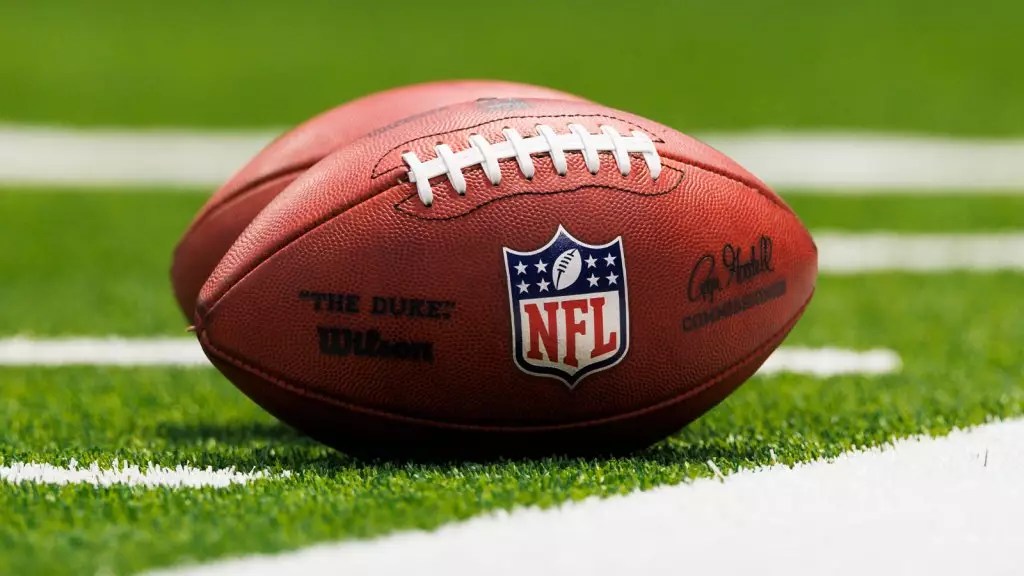The NFL has made a significant decision to allow private equity firms to invest in teams, marking a major shift in ownership dynamics. Under the new policy, these firms can purchase up to 10% ownership in any franchise, without having any voting rights within the team. This move was approved by a 31-1 vote from NFL owners, with the Cincinnati Bengals being the only opposition.
NFL Commissioner Roger Goodell emphasized that this change will not alter the decision-making power of team owners, as the private equity investors will only hold a silent position without any influence on team operations. Goodell stated, “This is 10 percent of a team. All it is is a silent position that would allow access to capital for those teams that wish to offer 10 percent of their team.”
The NFL was the final major sports league in the U.S. to permit investments from private equity firms. Goodell highlighted that the 10% ownership cap in the NFL is significantly lower than caps in other leagues, which allow up to 30% ownership. He believes that this decision will provide teams with added financial flexibility and an opportunity to reinvest in their growth.
The move to allow private equity investments is seen as a positive development for the NFL, creating opportunities for teams to access capital when needed. Goodell expressed optimism about the potential benefits, stating, “I think it’s an appropriate thing to give teams that liquidity to reinvest in the game, into their teams. I think it’s a positive development for us.”
While the option to seek funding from private equity firms is now available, Goodell acknowledged that not all teams may choose to utilize this opportunity. However, he believes that it will be a valuable resource for teams looking to enhance their financial capacities and drive continued growth in the NFL.
Overall, the decision to allow private equity investments in NFL teams represents a strategic shift in ownership policies, aiming to provide teams with greater financial flexibility while preserving the integrity of single-owner structures. This move reflects the league’s commitment to adapting to changing financial landscapes and supporting sustainable growth for all teams.


Leave a Reply